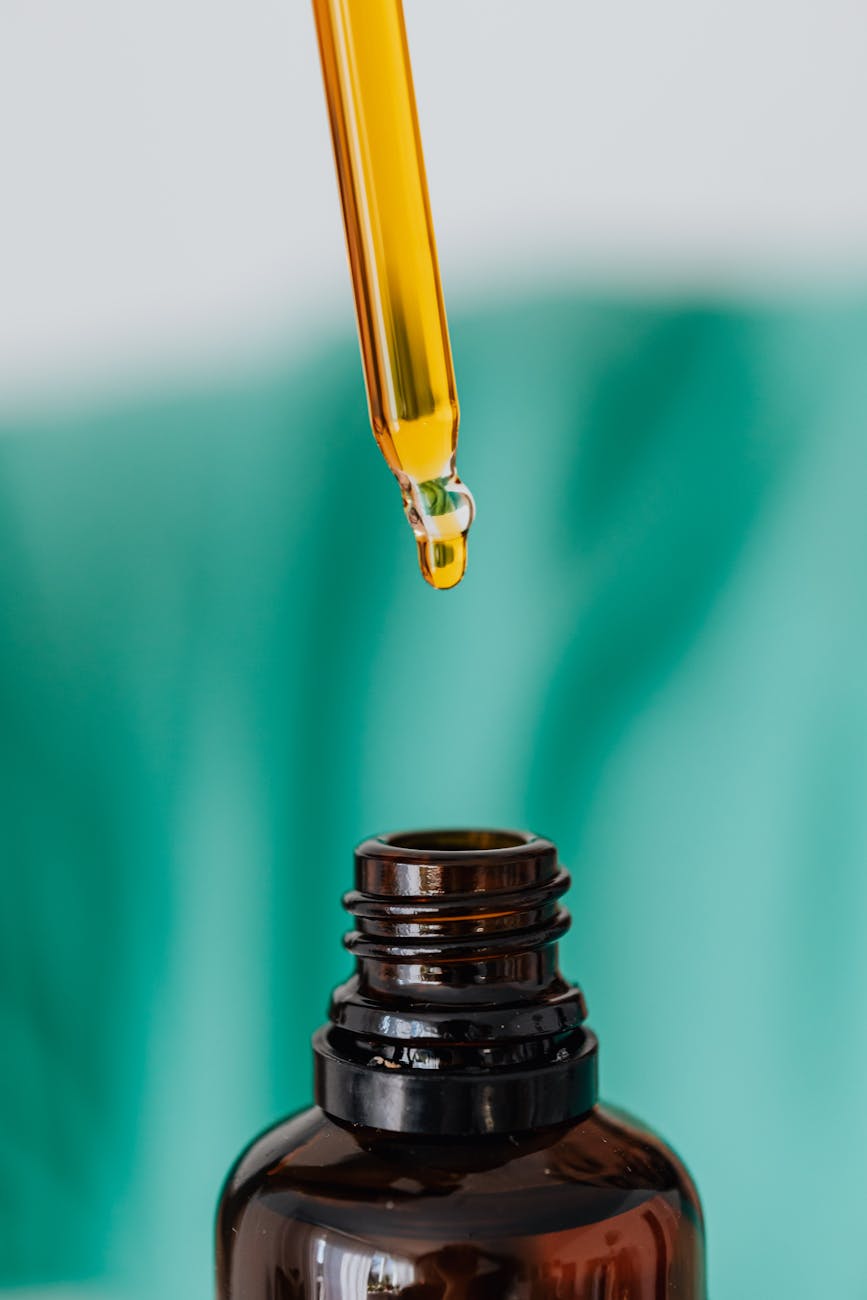Unlocking healthier living has become essential in today’s bustling environment where optimized nutrition often takes a back seat. One of the most promising arenas to facilitate this much-needed boost in wellness is organic supplements. Organic supplements are natural dietary accessories made from organically grown and processed ingredients, free from pesticides, non-genetically modified, and devoid of synthetic fertilizers.
The growing demand for organic products has witnessed a surge in organic supplements over the years. According to a report by Grand View Research, the global dietary supplements market size was valued at USD 151.9 billion in 2020. It is projected to grow at a CAGR of 8.4% from 2021 to 2028. The organic supplements segment is a significant contributor to this growth.
Some of the best organic supplements available in the market include turmeric, spirulina, wheatgrass, aloe vera, black cumin seed oil, among others. Each one of these supplements has unique health benefits that are grounded in both traditional practices and modern science.
For instance, turmeric, primarily known for its anti-inflammatory and anti-oxidant properties, has been a part of Indian Ayurvedic medicine for centuries. According to a study published in the AAPS Journal, curcumin – the active ingredient in turmeric – can help prevent and possibly help treat various chronic diseases like cancer, diabetes, and heart disease.
Similarly, spirulina, a type of blue-green algae, is heavily packed with numerous nutrients and antioxidants beneficial for the body and brain. The World Health Organization describes it as an “interesting food for multiple reasons, rich in iron and protein,” and could help support global malnutrition.
Wheatgrass is yet another powerhouse of nutrients and a popular supplement in the health community. It’s packed with a potent combination of nutrients that make it extremely useful to health. It has antioxidants, chlorophyll, vitamins A, C, and E, and 17 amino acids – all of which are highly beneficial for your health.
On the other hand, aloe vera, which is more popular for topical usage, is also gaining recognition for its internal use. The plant is said to help with digestion, provide immune system support, and lower blood sugar levels.
Lastly, black cumin seed oil, also known as Nigella Sativa, is celebrated for its therapeutic benefits that help improve respiratory health, reduce inflammation, and promote stomach health.
However, despite the myriad benefits associated with organic supplements, it’s critical to remember that they’re not a replacement for a healthy diet. Consider them as a ‘supplement’ to an existing diet that fills in nutritional gaps and enhances overall health. It’s also essential to check for possible drug interactions and possible adverse effects.
For optimal usage of an organic supplement, it’s ideal to consult a healthcare practitioner or a registered dietitian. They can provide personalized advice based on your health history, current medications, and overall dietary needs.
Furthermore, seeking high-quality products from reliable sources is crucial as the Food and Drug Administration does not regulate supplements. Always choose products that are certified by a third-party organization like the USDA’s National Organic Program, the Non-GMO Project, or NSF International.
Conclusively, the world of organic supplements opens a myriad of opportunities for healthier living. Embarking upon this journey with adequate knowledge and right information can considerably enhance your wellness quotient, paving the path for a healthier life. The best organic supplements are stepping stones to a regime of holistic health and wellness when used wisely, responsibly, under professional guidance, and as part of a balanced diet.
Optimize your health routine with the best organic supplements, and unlock the door to healthier living. Remember, your health is your wealth, and investing in it yields priceless dividends.
Discover more from NatureZen Market
Subscribe to get the latest posts sent to your email.










